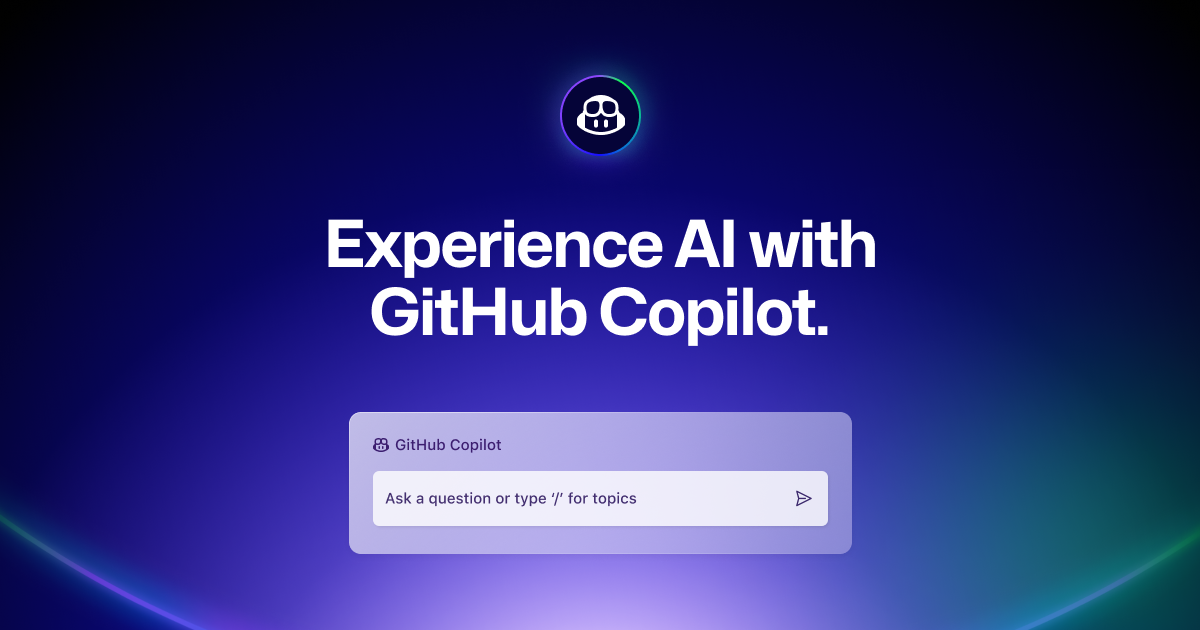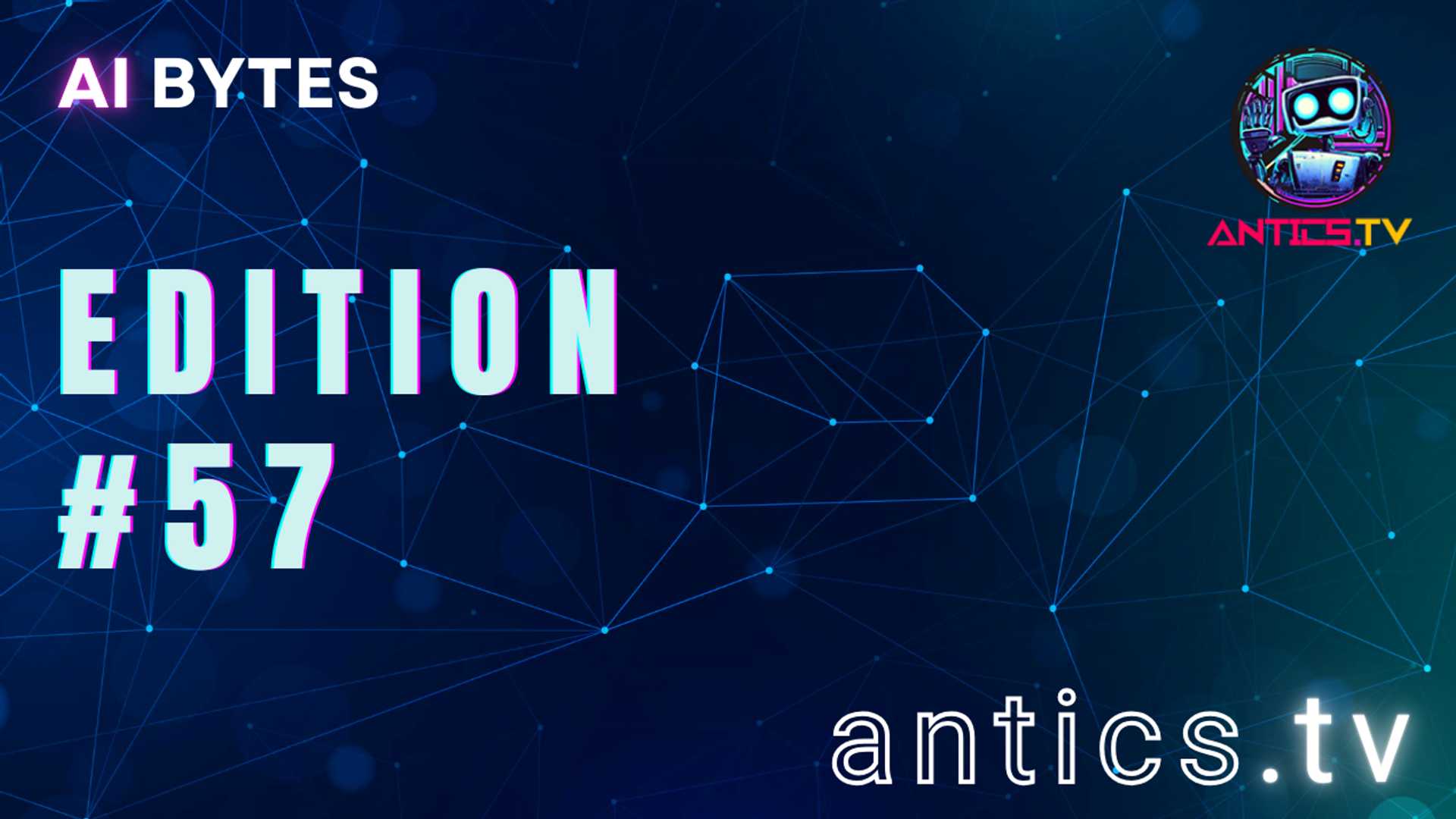Welcome to AI Bytes Newsletter Issue #57
This issue brings you the latest advancements and challenges in the field of artificial intelligence. Meta has introduced a major breakthrough in brain-to-AI communication, using non-invasive neural decoding to translate brain activity into text. In parallel, a legal and ethical dispute between Elon Musk and OpenAI's Sam Altman is sparking discussions about AI governance and corporate influence. GitHub Copilot has enhanced its capabilities, now serving as an autonomous AI-powered coding assistant. Rico shares insights on AI transparency and concerns over the dominance of a few major companies in the AI landscape. Additionally, we present a step-by-step guide on automating workflows with n8n, AI news updates, and the latest episode of the Artificial Antics podcast.
Meta's Breakthrough in Brain-to-AI Communication
Meta AI has revealed groundbreaking research in brain-to-AI communication, using non-invasive neural decoding to interpret human thoughts into text without the need for implants.
Key Breakthroughs:
- Non-Invasive Neural Decoding: EEG and MEG scans translate brain activity into readable text.
- AI-Powered Language Processing: Mapping neural signals to words with high accuracy.
- Potential for Assistive Tech: Transforming accessibility tools for individuals with speech impairments.
Future Implications:
- Next-Gen Accessibility: Enhancing communication for individuals with speech-impacting conditions.
- Neural Interfaces & AI Synergy: Facilitating interaction between human cognition and AI assistants.
- Ethical & Privacy Considerations: Ensuring security and consent in AI-driven neural decoding.
This research marks a significant advancement towards AI-powered communication interfaces, with far-reaching implications for assistive technology and human-machine interaction.

Full Article: Using AI to decode language from the brain and advance our understanding of human communication Read More
The Dispute Between Elon Musk and OpenAI's Sam Altman
The legal and ideological battle between Elon Musk and Sam Altman highlights the struggle over the future of AI governance and the influence of major players in the industry.
Key Issues at Play:
- From Open to Closed: Concerns over OpenAI's shift towards corporate interests and lack of transparency.
- Control Over AI's Future: Debates on responsible AI development and public oversight.
- Regulatory & Ethical Implications: The need for balanced regulations in AI development.
This conflict underscores the importance of determining the direction of AI development and ensuring fairness and accessibility in the technology.

Full Article: OpenAI CEO Sam Altman calls Musk's bid an attempt to 'slow us down' | TechCrunch Read More
Evolution of GitHub Copilot
GitHub has upgraded its AI-powered coding assistant, GitHub Copilot, into a more autonomous agent capable of assisting developers in software development tasks.
Key Enhancements:
- AI-Powered Debugging & Fixes: Identifying and resolving bugs autonomously.
- Context-Aware Assistance: Tailored recommendations based on project structures.
- Proactive Code Generation: Generating code snippets based on project requirements.
Who Benefits:
- Developers & Engineers: Streamlining workflow with AI automation.
- Software Teams: Reducing debugging time and enhancing collaboration.
- Beginner Coders: Real-time guidance for improving coding skills.
GitHub Copilot is at the forefront of AI-driven development assistants, revolutionizing software building processes and enhancing efficiency.

Full Article: GitHub Copilot: The agent awakens Read More
Critical Insights and Curated Content
The rivalry between Elon Musk and OpenAI's Sam Altman raises important questions about AI governance and corporate influence in the industry.
AI's Future: Profit vs. Public Good
- OpenAI's Evolution: The shift from non-profit to for-profit and its impact on transparency.
- Corporate Control: Dominance of major tech companies in AI development.
- Regulation Challenges: Balancing speed and profitability with ethical considerations.
These developments underscore the need for transparency and public interest in shaping the future of AI.










